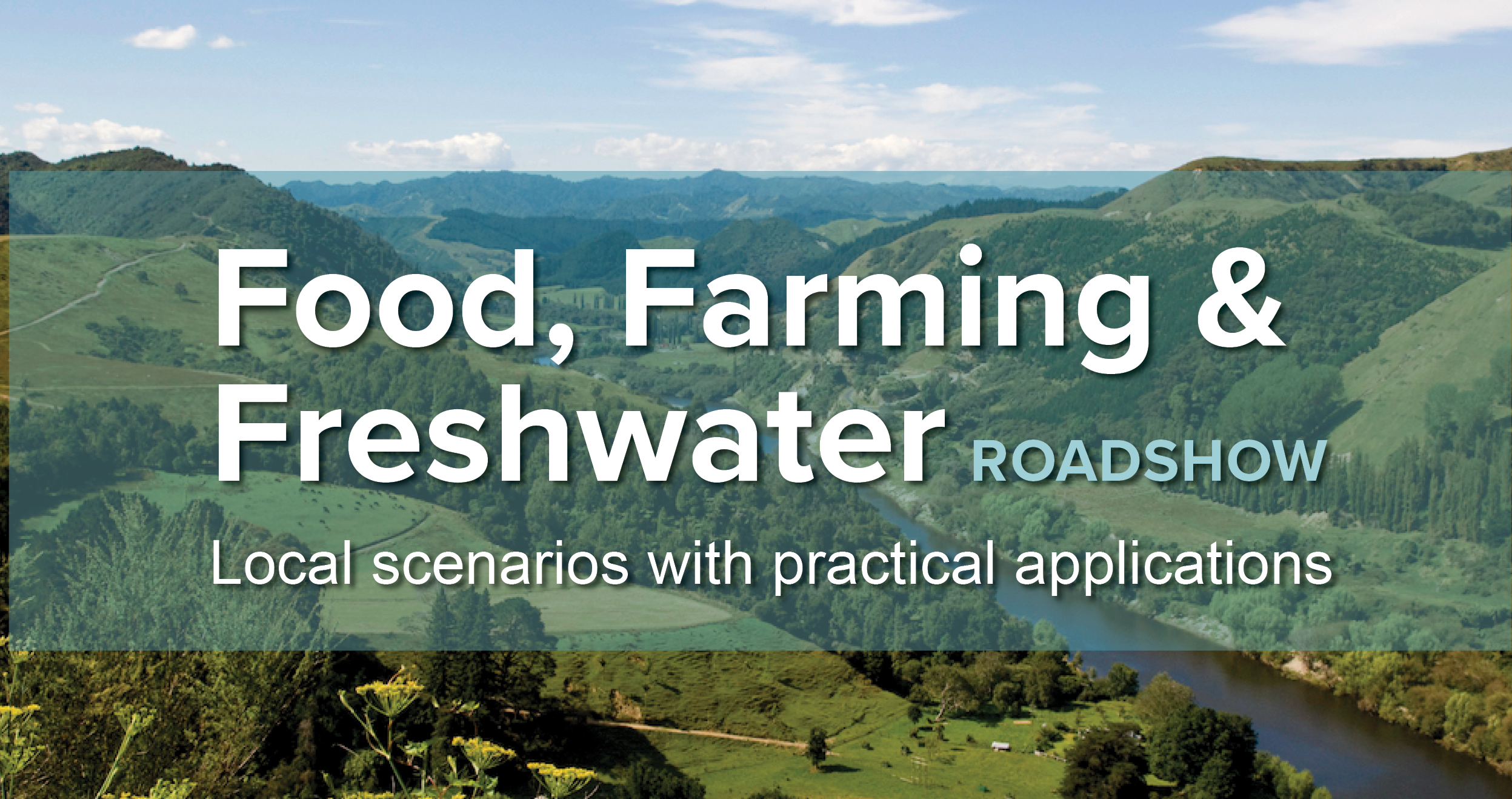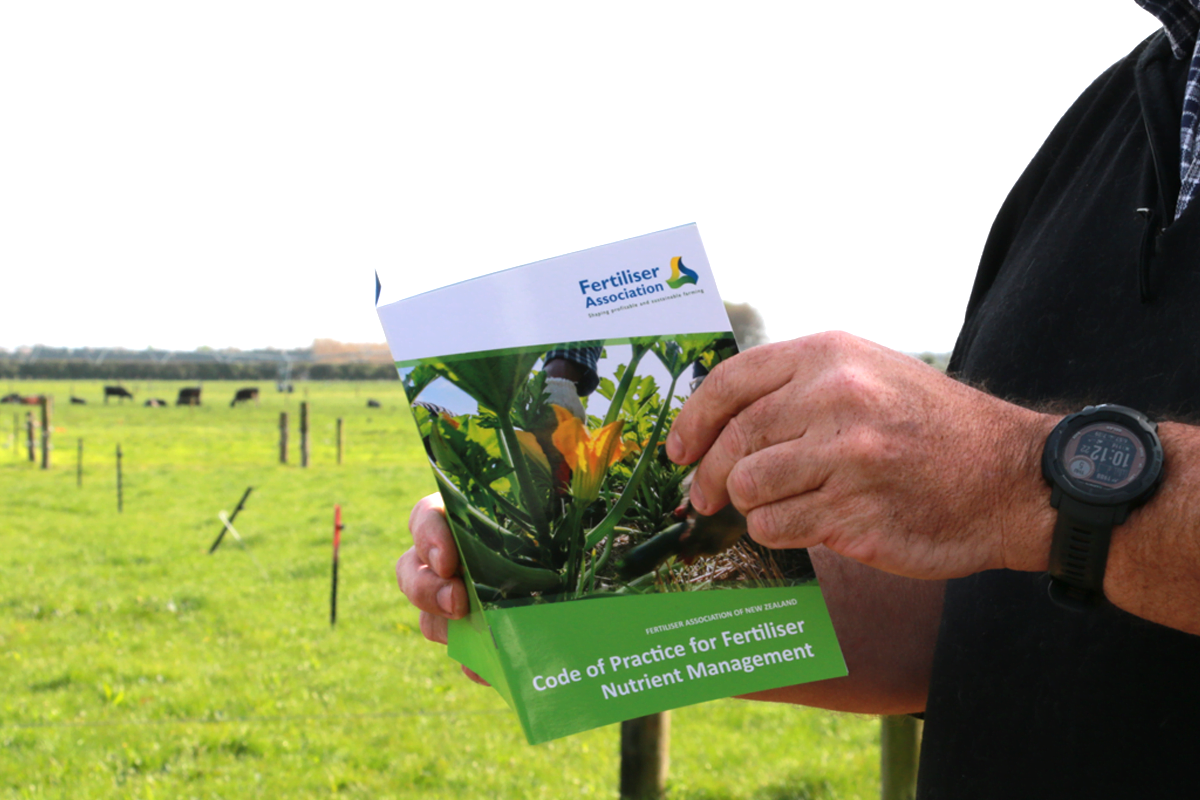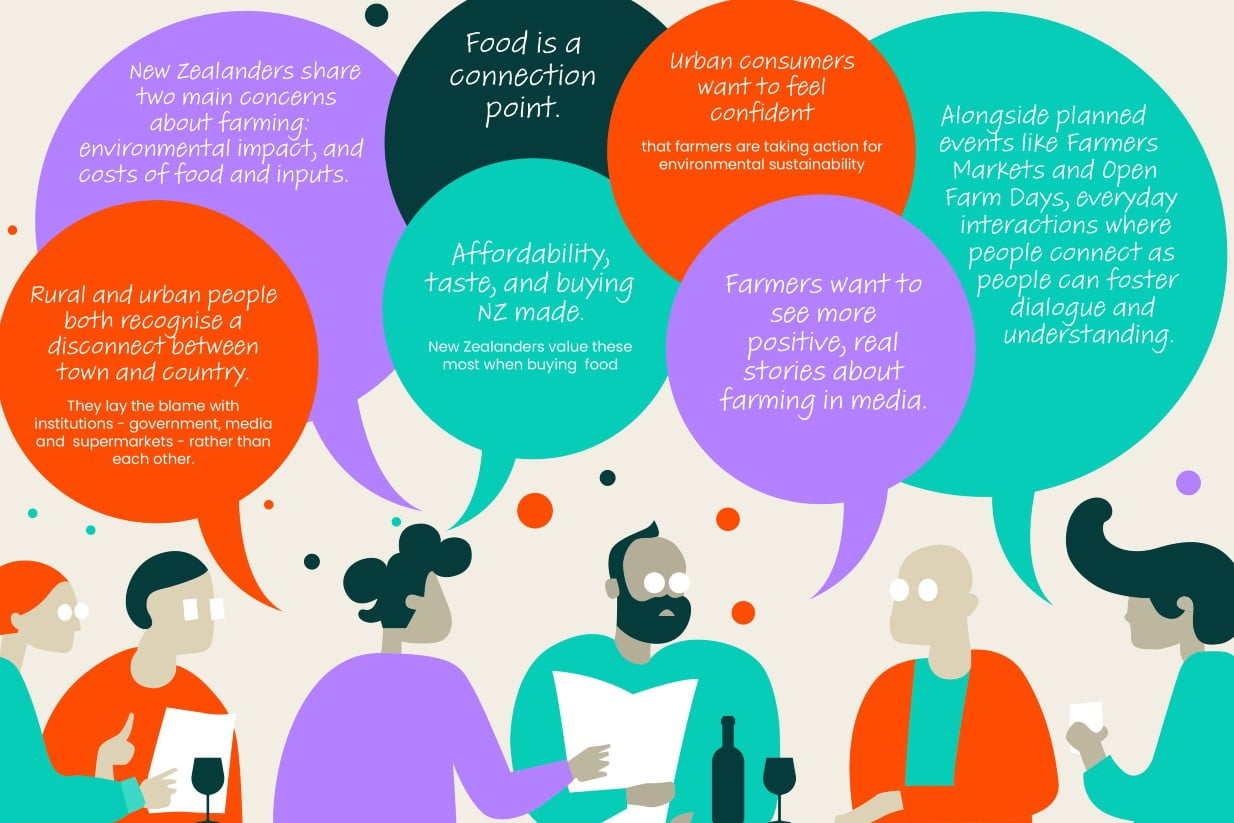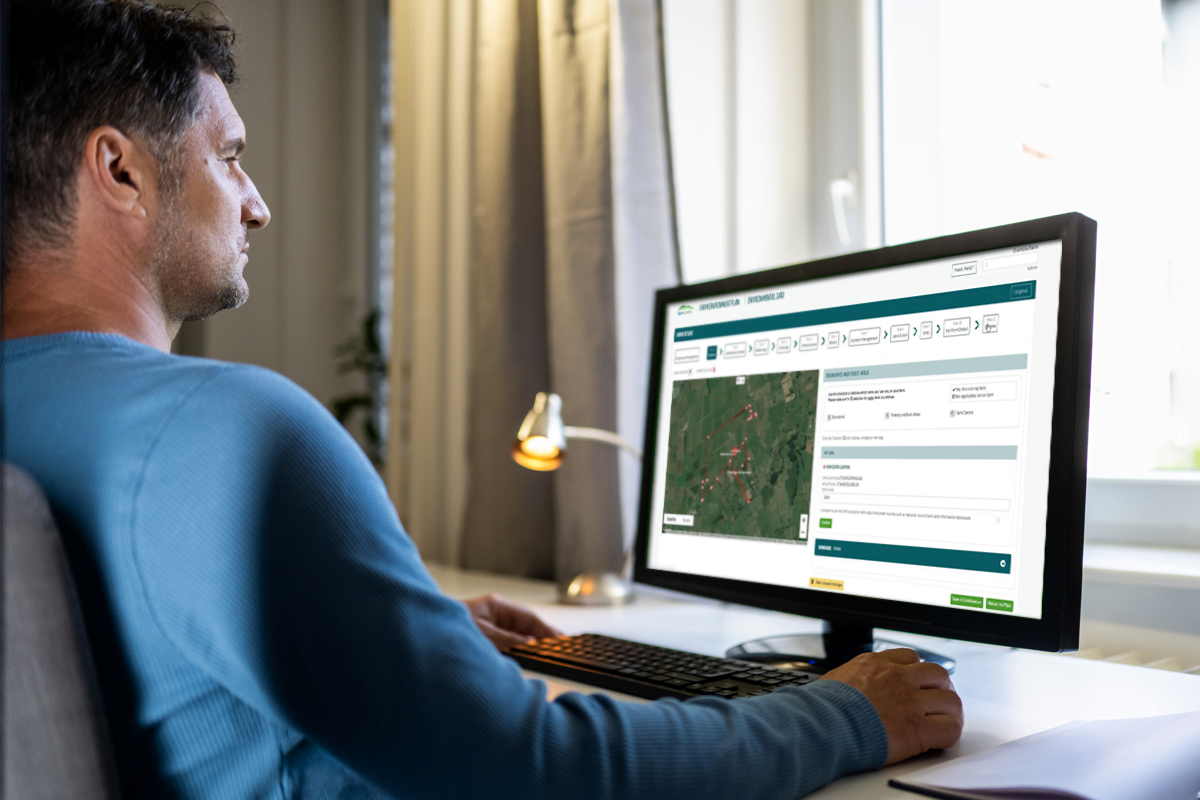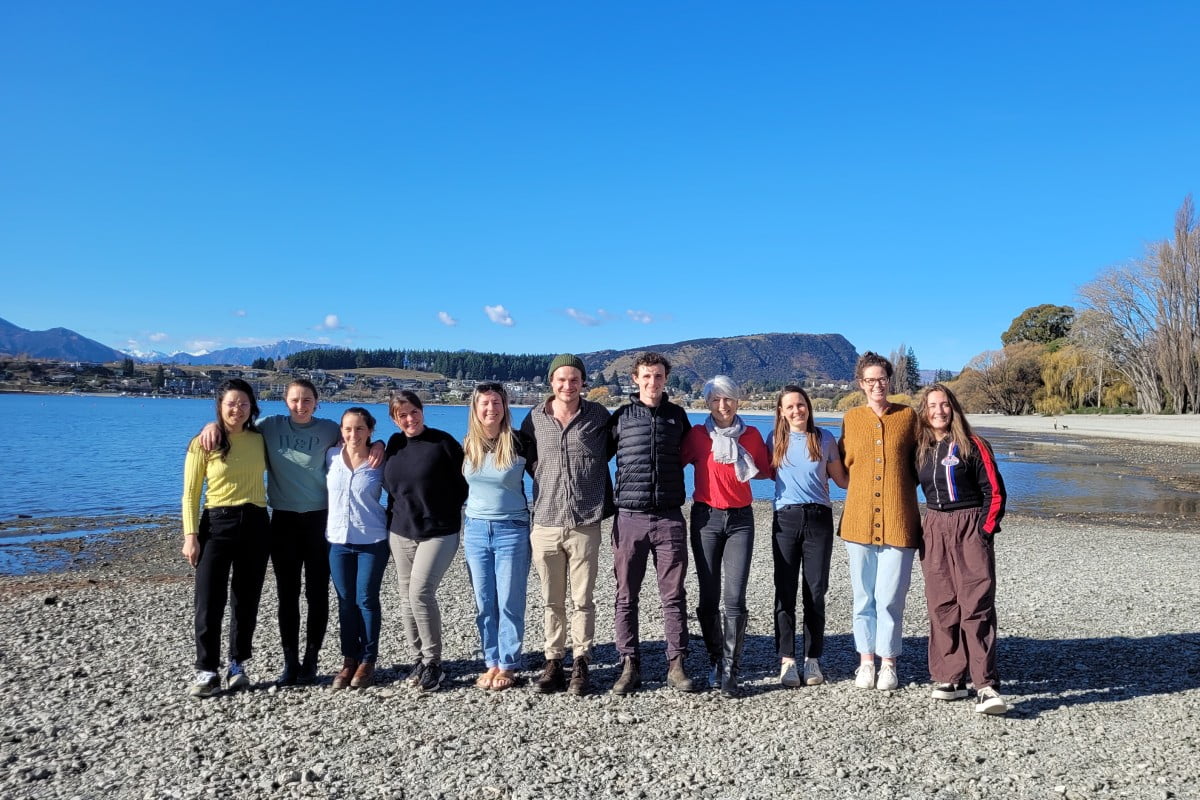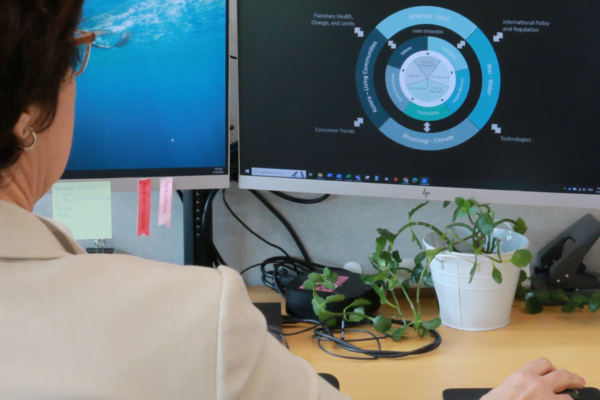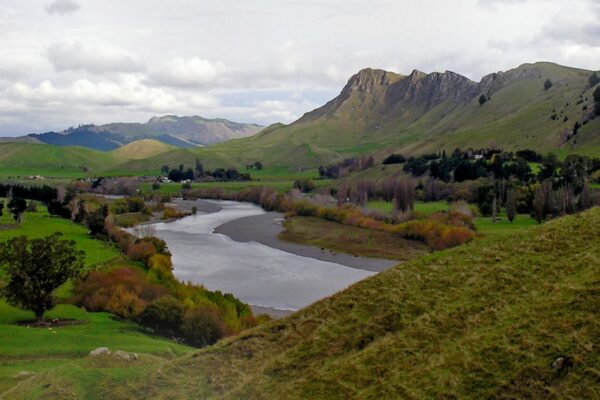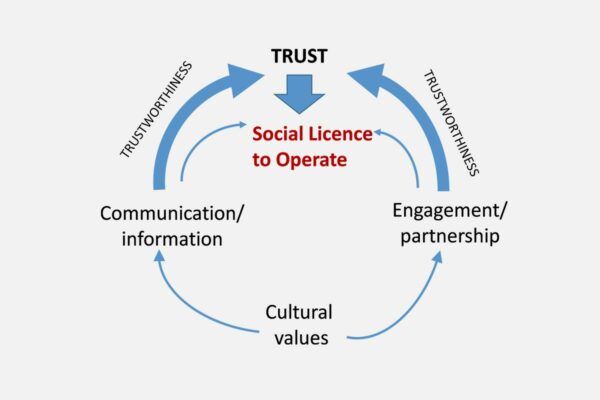Retiring Farmland into Ngahere
Restoring Aotearoa together: Triple the area, at one-third the cost
Project Details Ngā taipitopito
Collaborators Ngā haumi
Balanced Forestry | Doug McCready | Jan Hania | Manu Caddie | Manuka Farming NZ | Pa Ropata (Rob Mc Gowan) | Pukekauri Farms | Rewhenua | Te Kapunga Dewes | Timothy Firkin Films | Tipu Whenua | Wai Kokopu
What are we doing?E aha ana mātou?
When less productive farmland is ‘retired’ into ngahere (bush or forest) there can be positive impacts on water quality, greenhouse gas emissions, farm management and profitability.
This project builds on 10 years of results from a Primary Growth Partnership that retired over 400ha of marginal land into manuka plantations for honey, then applied that knowledge to broader land retirement into mixed natives on steep erosion-prone slopes, riparian margins, and critical source areas. This work identified potential savings of more than 50% of the current cost to establish native plantations, by replicating the natural reversion process.
This project will create short videos and graphics sharing best-practice methods for low-cost, broad-scale land retirement into ngahere, covering important factors including: weed and pest control before planting, mix of forestry-grade coloniser species, planting density for various tree species, soil biome, and establishment timelines.
How can the research be used? Ka pēhea e whai take ai te rangahau?
- The educational resource and application of knowledge has the potential to reduce the cost of ngahere establishment by $10,000 per ha which equates to a $10 billion saving over 1,000,000ha.
- The project will develop a visual digital resource for use by farmers, catchment groups and regional councils, showing the best-practice methods to undertake low-cost, broad-scale land retirement into ngahere.
- A series of short videos and graphics will showcase successful low-cost native plantation examples, and how to do it successfully.
- This resource will capture the key successes, weaknesses, opportunities, and threats of using forestry techniques and forestry-grade plants to establish native plantations.
 View Our Strategy Document 2019 – 2024
View Our Strategy Document 2019 – 2024
